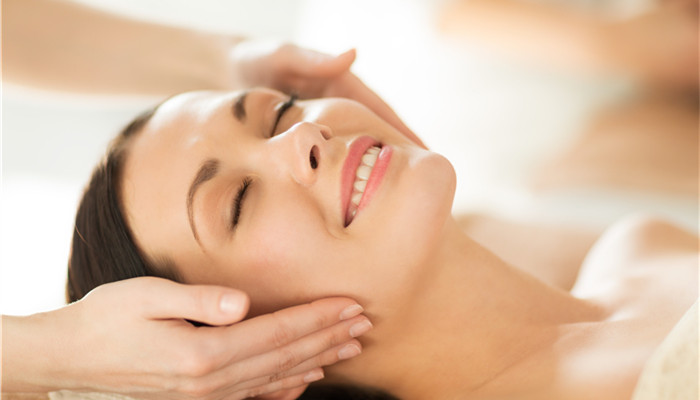
Demand in the downstream whitening and skin care market is growing, and α-arbutin market prospects are promising
Arbutin, also known as arbutin and arbutol glycoside, has a chemical formula of C12H16O7. It is a component extracted from the leaves of the Ericaceae plant Ursifolia ursifolia. It can prevent the production of melanin by inhibiting the activity of tyrosinase in the body. Thereby reducing skin pigmentation, removing spots and freckles, and also having bactericidal and anti-inflammatory effects. Arbutin is mainly divided into α-arbutin, β-arbutin and deoxyarbutin.
“2023-2028 China α-Arbutin Industry Market In-depth Research and Development Prospects Forecast Report compiled and released by the Industrial Research Center It shows that arbutin is often used in cosmetics as a raw material for removing spots and whitening. However, as a hydroquinone derivative, its safety has been questioned. As a whitening ingredient, hydroquinone is cytotoxic. China and many other countries have banned the addition of hydroquinone in skin care products. In July 2021, the European Union listed deoxyarbutin as a banned ingredient in cosmetics, but in China, deoxyarbutin was not included in the “Catalogue of Used Cosmetic Raw Materials”. Currently, the arbutins used in cosmetics are mainly α-arbutin and β-arbutin, which are considered safe and usable by the EU SCCS.
Although α-arbutin and β-arbutin are similar substances, there are differences in product performance. The ability of α-arbutin to inhibit tyrosinase activity during melanin synthesis is 10-15 times that of β-arbutin. Its thermal stability and light stability are stronger than β-arbutin, and its price is also higher. However, most of the arbutin-containing cosmetics on the market currently add β-arbutin, mainly because the synthesis of β-arbutin is less difficult and the product price is cheaper.
Arbutin, vitamin C, nicotinamide and other whitening ingredients are widely used in skin care products. In recent years, as the concept of skin care continues to deepen, consumers’ needs for skin care have gradually become more refined. In addition to basic needs such as cleansing and hydration, more emphasis has been placed on functional needs such as whitening, anti-aging, and repair. For a long time, Chinese consumers have been paying more attention to whitening and lightening their spots. Whitening products have emerged in an endless stream, and the market size of whitening and skin care products has also continued to grow. Whitening products on the market include whitening essence, whitening water, whitening lotion, whitening mask, whitening cream, etc. With the continued rise of domestic skin care products in recent years, domestic brands have continued to make efforts in the field of whitening products. It is expected that the market size of China’s whitening and skin care products will continue to grow in the next few years. As an important whitening ingredient, the market size of arbutin is expected to continue to grow in the next few years.
In recent years, consumers have gradually paid more and more attention to the ingredients of skin care products. Arbutin has a significant whitening effect, fast onset, and good stability. The product cuts off the production of melanin from the source and is suitable for a wide range of people. α-Arbutin has better performance than β-arbutin and has better stability. The product is expected to be widely used in whitening products.

 微信扫一扫打赏
微信扫一扫打赏

